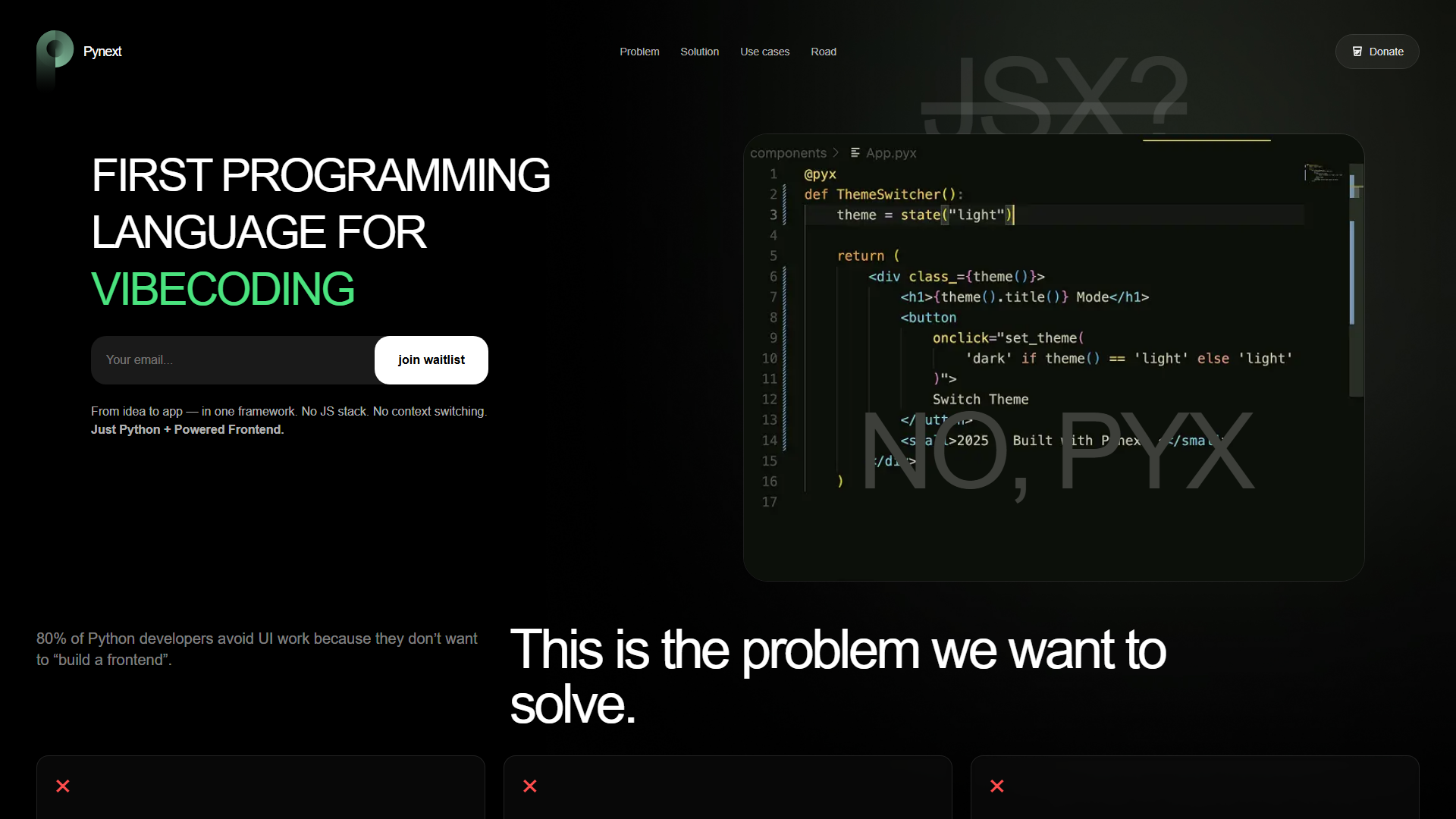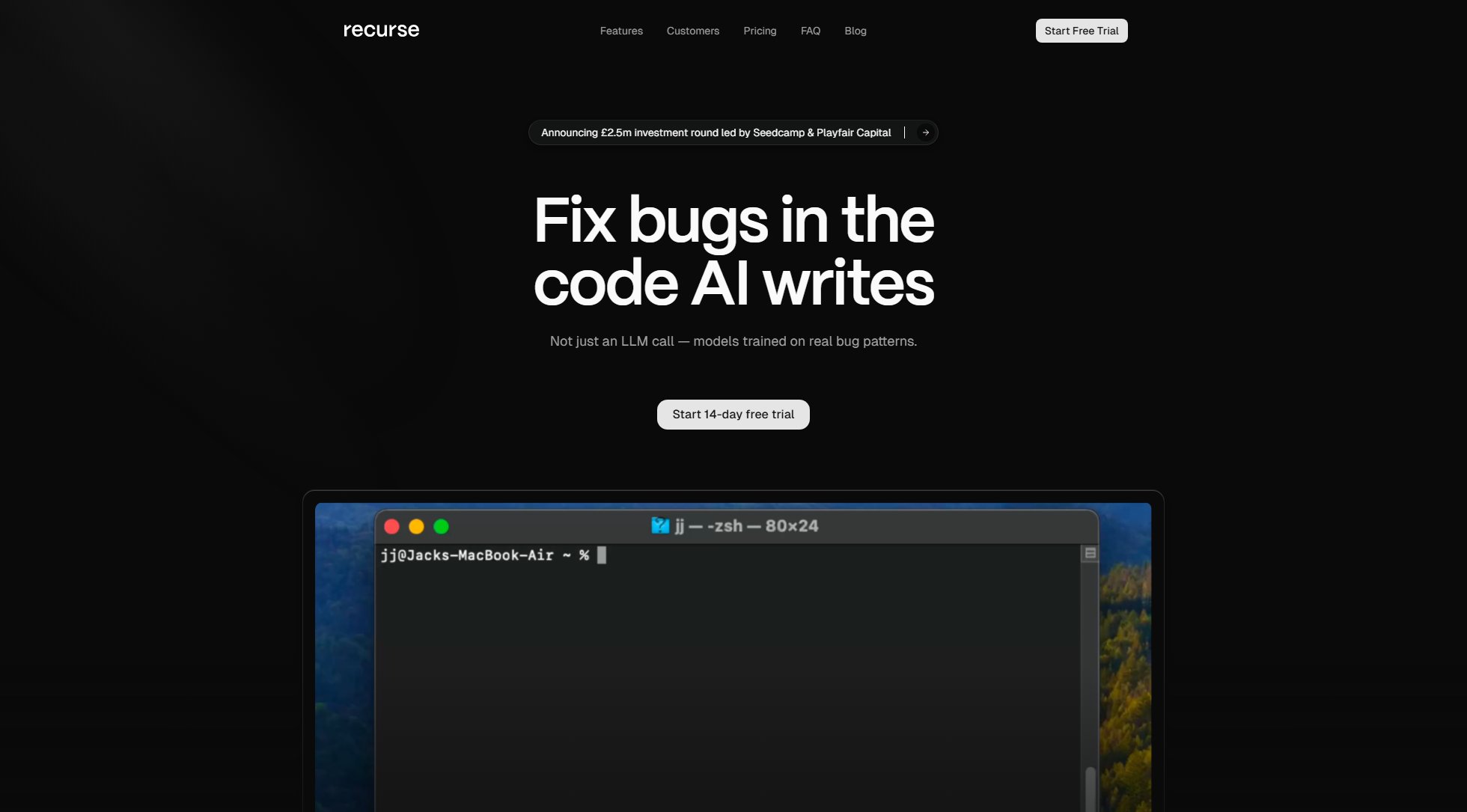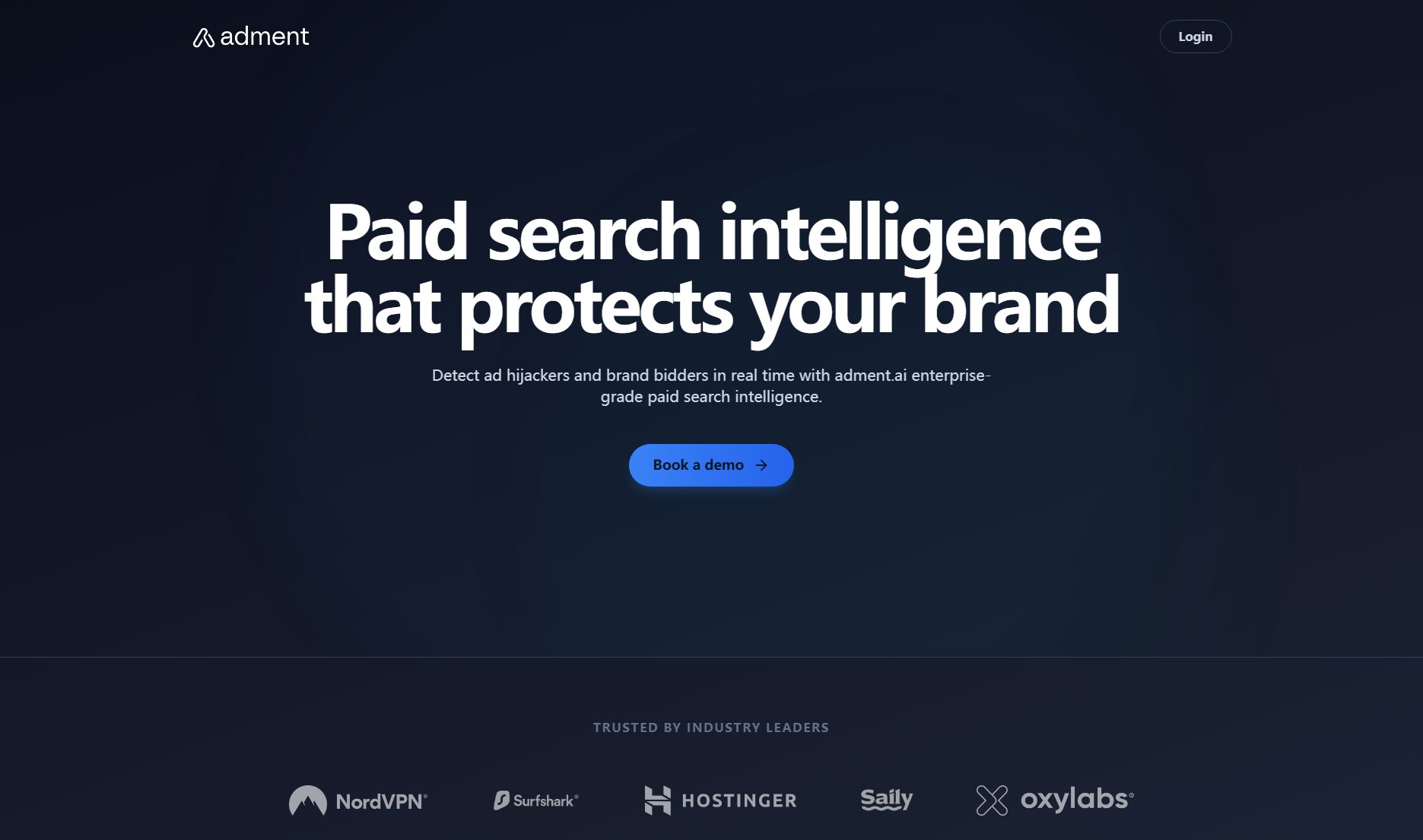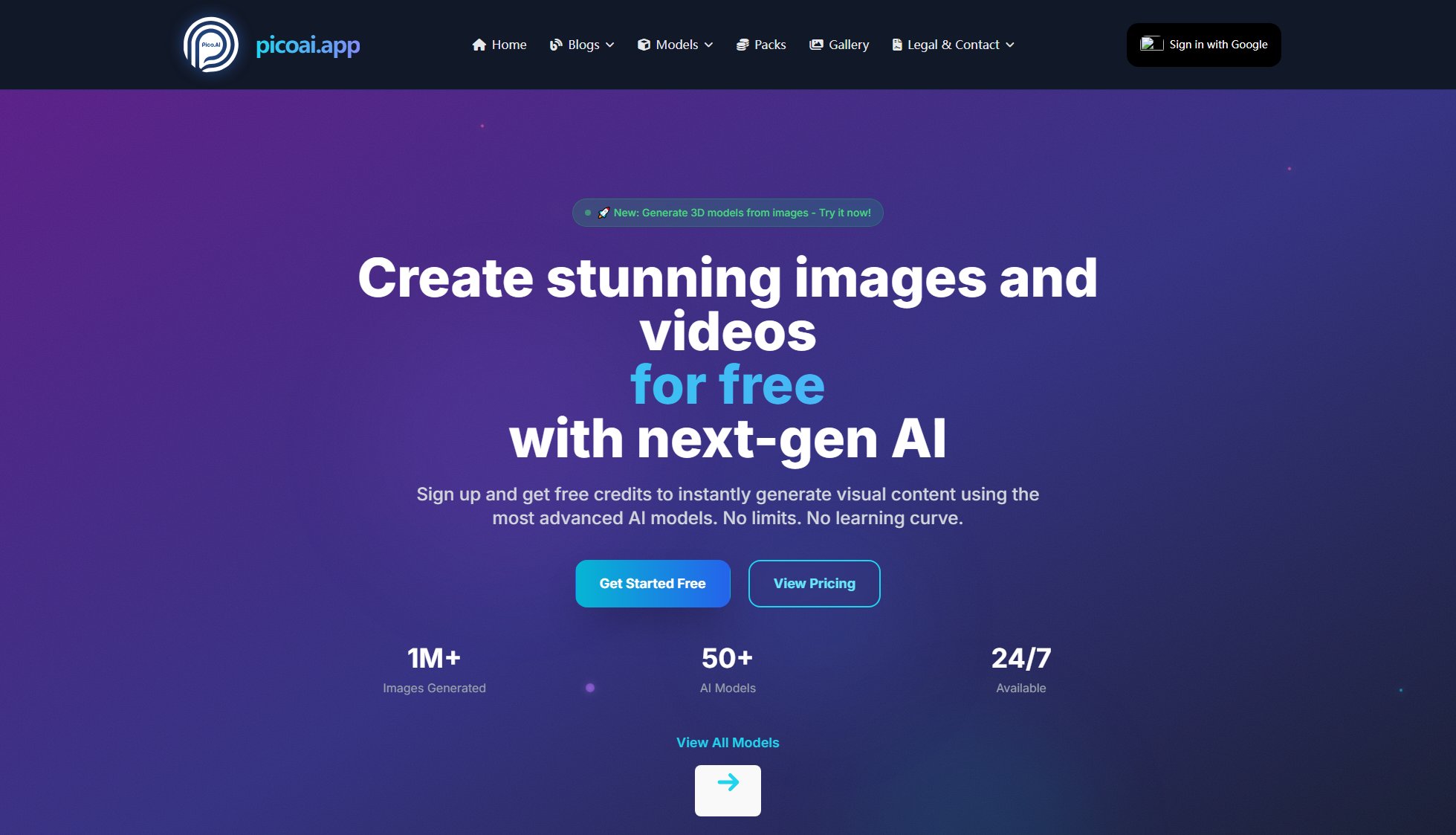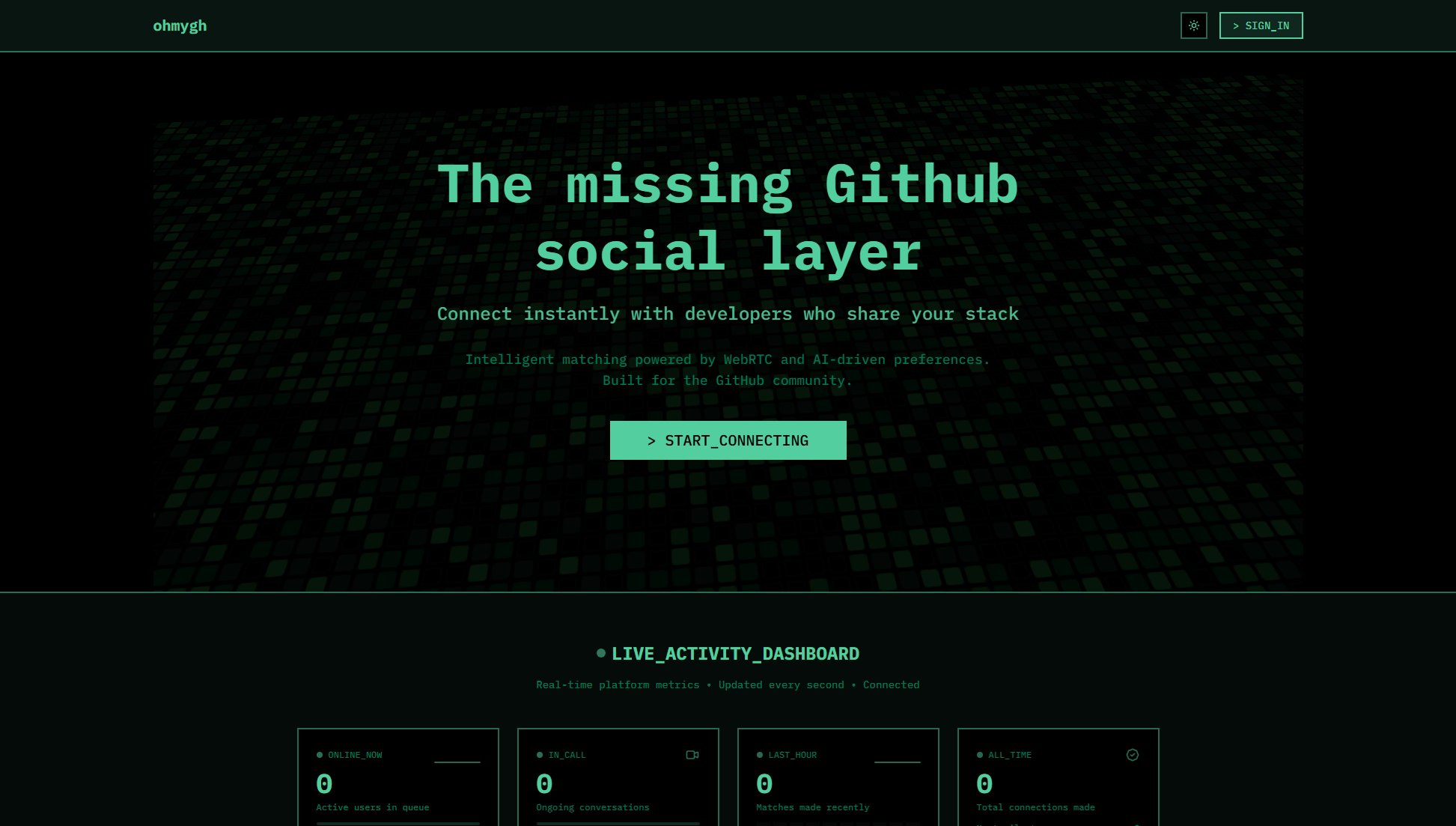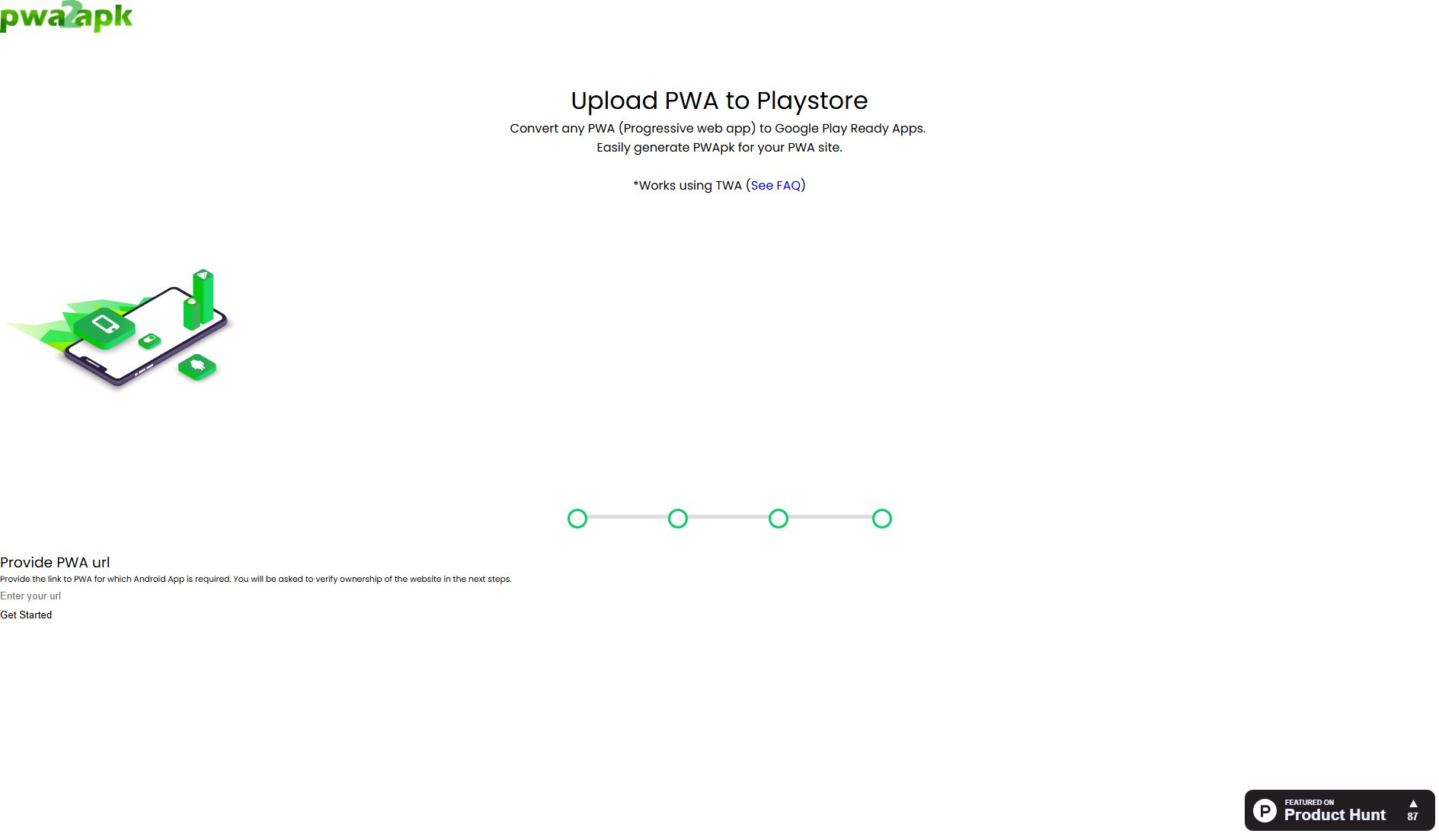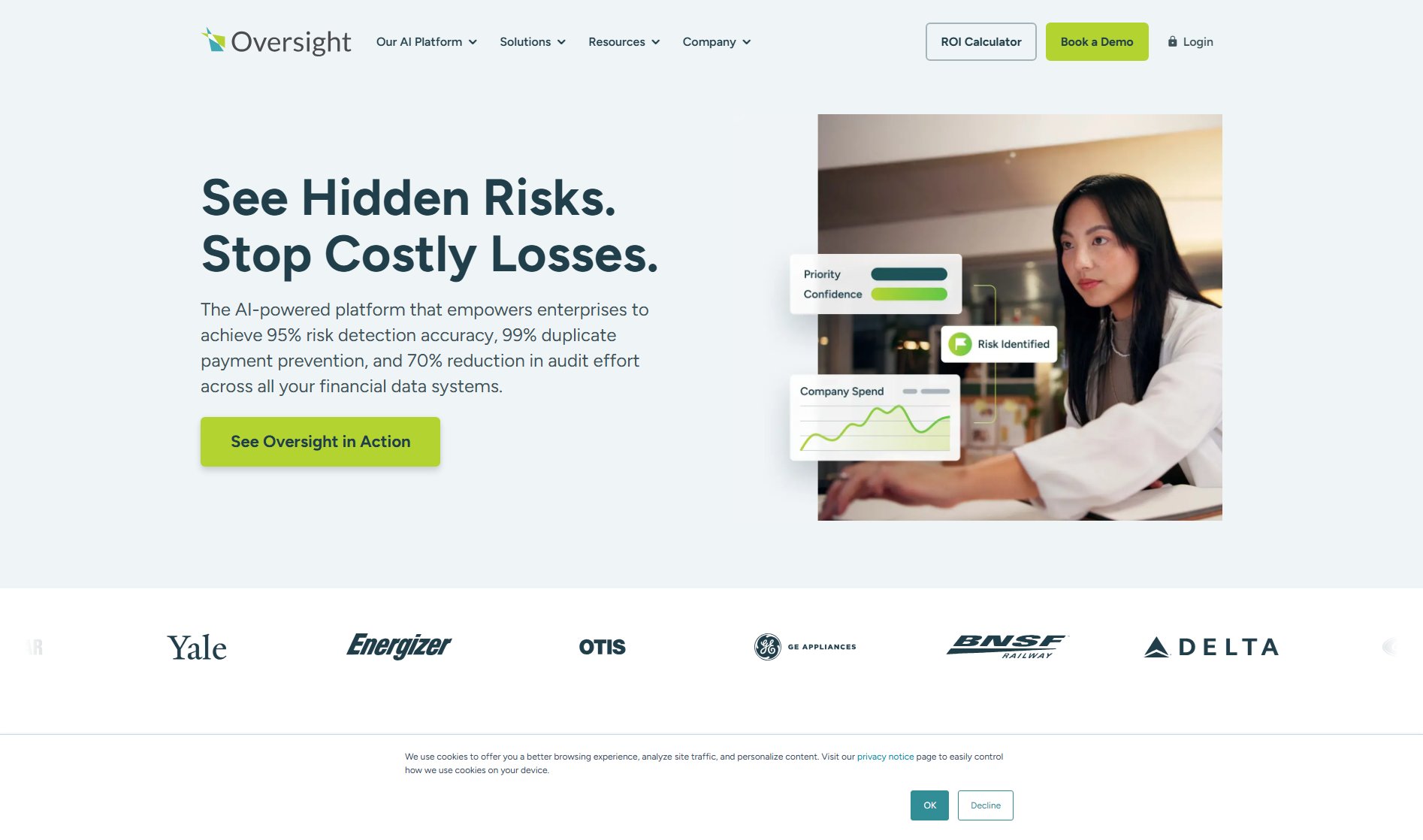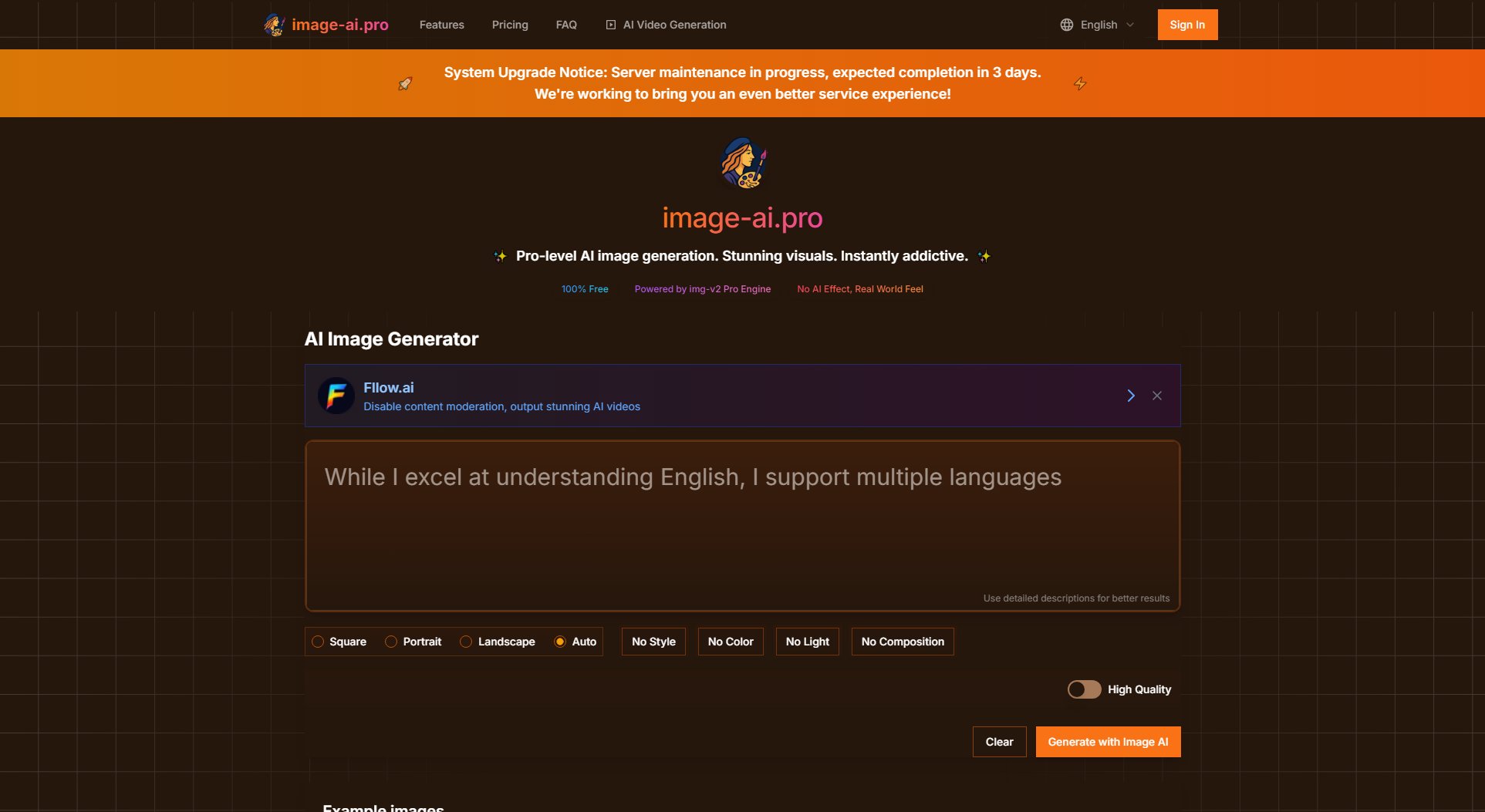Parallel Web Systems
Enterprise Deep Research API for AI agents
What is Parallel Web Systems? Complete Overview
Parallel Web Systems provides an enterprise-grade deep research API designed specifically for AI agents. It offers the highest accuracy web search capabilities, minimizing hallucinations through cross-referenced facts and verifiable outputs. The API is SOC-II Type 2 certified and trusted by leading startups and enterprises. Parallel's unique approach allows users to allocate compute budget based on task complexity, paying per query rather than per token. The platform is particularly effective for complex multi-hop AI agent workflows and ChatGPT deep research applications, consistently outperforming competitors in benchmark tests across accuracy and cost efficiency metrics.
Parallel Web Systems Interface & Screenshots
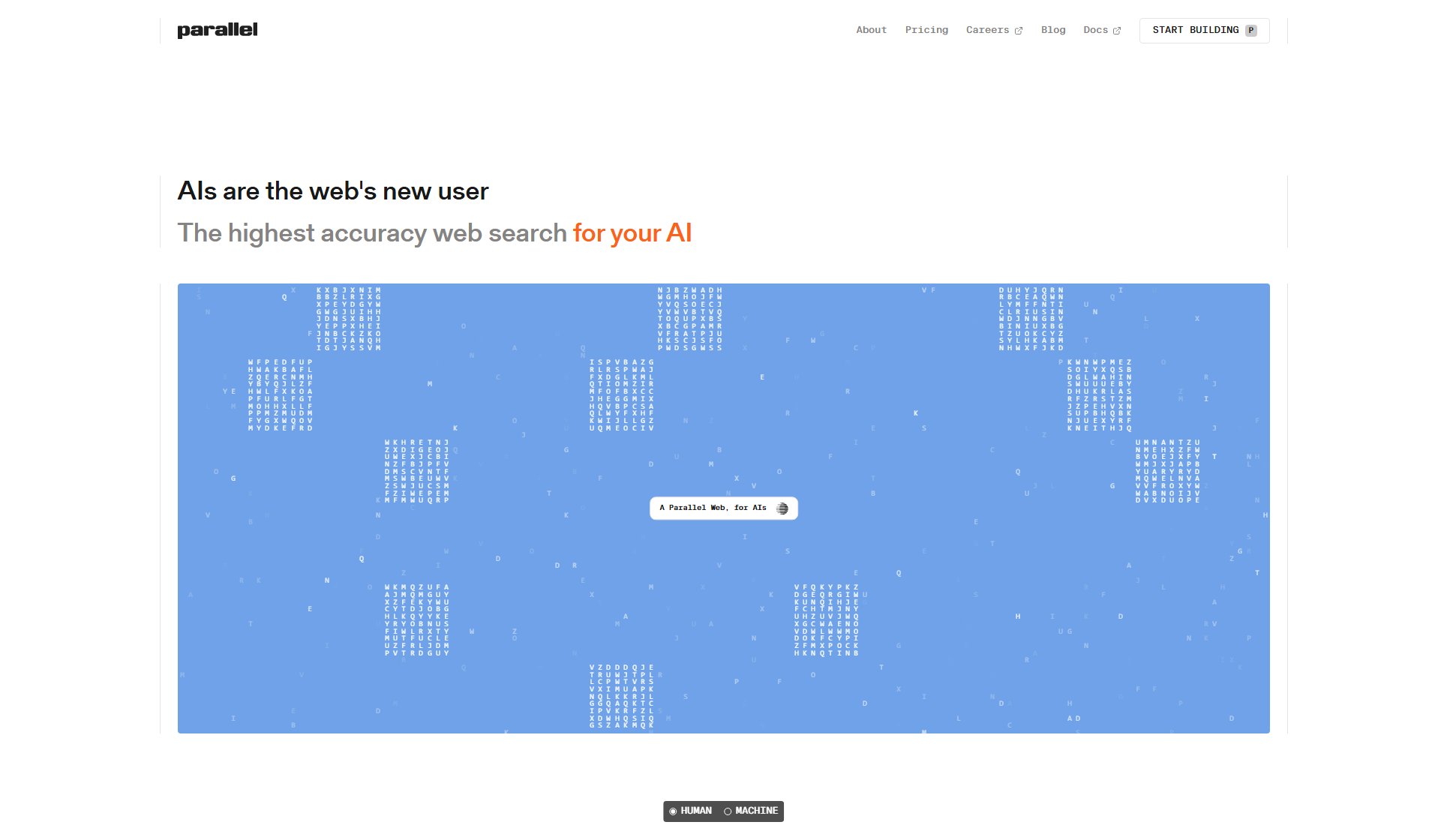
Parallel Web Systems Official screenshot of the tool interface
What Can Parallel Web Systems Do? Key Features
Highest Accuracy Search
Parallel's search technology delivers production-ready outputs built on cross-referenced facts with minimal hallucination. Benchmark tests show it achieving up to 48% accuracy, significantly outperforming competitors like GPT-4 browsing (1%), Claude search (6%), Exa (14%), and Perplexity (8%). The system is optimized for complex, multi-hop reasoning tasks requiring synthesis of contextual clues across different time periods.
Predictable Cost Structure
Unlike traditional token-based pricing models, Parallel offers predictable costs based on query complexity rather than output length. Users can flex their compute budget according to task requirements, with clear pricing per request. The system provides eight distinct processing tiers (Lite to Ultra8x) allowing precise cost/quality optimization.
Evidence-Based Outputs
Every atomic output comes with verifiable provenance, including citations, reasoning trails, confidence scores, and relevant excerpts. This evidence-based approach is particularly valuable for enterprise applications requiring auditability and compliance. The system maintains SOC2 certification for all its API services.
Multi-API Platform
Parallel offers three specialized APIs: 1) Task API for deep research with structured outputs (5s-30min latency), 2) Search API for ranked web URLs/excerpts (<3s latency), and 3) Chat API for fast, web-researched completions (<5s latency). Each is optimized for different use cases with independent rate limits (up to 2,000 requests/min for Task API).
Enterprise-Grade Scalability
The platform is built for large-scale workloads with features like volume discounts, custom rate limits, data retention agreements, and dedicated support. It handles millions of daily requests while maintaining SOC2 compliance. Enterprise users benefit from early access to new products and custom onboarding support.
Structured Data Extraction
Parallel excels at transforming web content into structured formats. Users can define search criteria in natural language and receive back structured tables or enrich existing datasets with fresh web data. This capability is particularly powerful for business intelligence, financial research, and competitive analysis applications.
Benchmark-Proven Performance
The system consistently outperforms competitors across multiple independent benchmarks including BrowseComp (45-58% accuracy vs 6-38% for others), RACER (82-96% win rate vs 6-66%), WISER-Search (74.9-82.14% accuracy) and SimpleQA (92-94% accuracy). Parallel publishes detailed methodology for all benchmark comparisons.
Best Parallel Web Systems Use Cases & Applications
Competitive Intelligence
Marketing teams use Parallel's Task API to automatically track competitor product launches, pricing changes, and market positioning. The structured outputs integrate directly with business intelligence systems, with confidence scores helping prioritize follow-up actions.
Financial Research Automation
Investment firms employ Parallel's Ultra4x processor to conduct deep due diligence on potential investments. The system synthesizes information from earnings reports, news articles, and regulatory filings into structured reports with inline citations, reducing analyst research time by 60%.
AI Agent Enhancement
Developers building AI agents use Parallel's Search API to provide current web context for agent decision-making. The low-latency (<3s), high-accuracy web results significantly improve agent performance on time-sensitive tasks compared to native LLM web search capabilities.
Data Enrichment Pipeline
SaaS platforms integrate Parallel's Core processor to automatically enrich customer records with fresh web data (executive changes, funding rounds, product releases). The structured outputs map directly to existing CRM fields at scale.
How to Use Parallel Web Systems: Step-by-Step Guide
Choose your API based on use case: Task API for deep research with structured outputs, Search API for ranked web results, or Chat API for conversational interactions. Access the relevant playground (Task, Search or Chat) to test functionality.
Select processing tier based on task complexity and budget. Options range from Lite ($5/1K requests) for basic retrieval to Ultra8x ($2,400/1K requests) for advanced deep research. Higher tiers provide more comprehensive outputs with additional fields and confidence metrics.
Submit your query through the API endpoint. For Task API, provide either existing structured data or a research question. Search API accepts search objectives and queries, while Chat API processes natural language questions.
Receive structured outputs based on your request. Task API returns deep research with citations and reasoning. Search API provides ranked URLs with excerpts. Chat API delivers web-researched completions in free text or JSON format.
Iterate and refine using the evidence provided in outputs (citations, confidence scores, reasoning trails). For enterprise workflows, leverage the Typescript SDK for strongly typed interfaces to all Parallel APIs.
Parallel Web Systems Pros and Cons: Honest Review
Pros
Considerations
Is Parallel Web Systems Worth It? FAQ & Reviews
Parallel uses a proprietary system of cross-referenced facts and multi-hop reasoning that minimizes hallucination. The platform is specifically optimized for evidence-based outputs with verifiable provenance for every atomic result, unlike general-purpose LLMs.
Task API is designed for asynchronous deep research with structured outputs (5s-30min latency), while Chat API provides fast (<5s), web-researched completions for conversational applications. Task API includes more detailed evidence (reasoning, confidence scores) while Chat API focuses on speed.
Yes, Parallel offers up to 20,000 free requests for new users to test the system. Qualified startups can apply for up to $5K in additional free credits through Parallel's startup program.
Parallel charges per request rather than per token, providing predictable costs regardless of output length. Users can select different processing tiers (Lite to Ultra8x) based on task complexity, with clear pricing for each level of capability.
Enterprise plans include volume discounts, custom data retention agreements, dedicated onboarding/support, early access to new products, and custom rate limits. SOC2 compliance is standard across all APIs.
Parallel specializes in fresh web data, with some benchmarks specifically testing this capability (WISER-Fresh). The Search API offers a 'Fresh search' processor option that prioritizes recently updated content.
